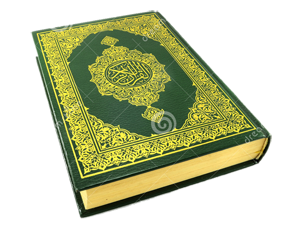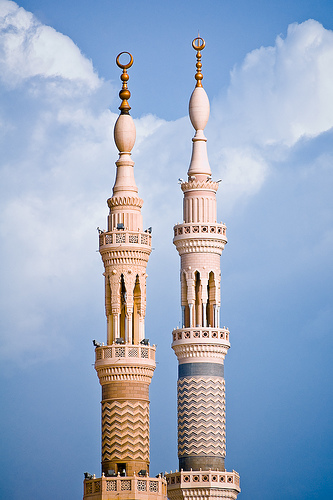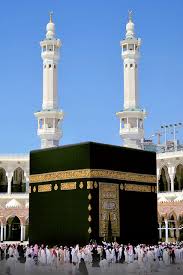Universal and Democratic Principles in Islam
Universal and democratic principles in Islam
Ruby Amatulla
IN laying down fundamental principles the Quran often addresses mankind as the 'children of Adam' thus establishing a greater bonding of brotherhood in humanity. The Scripture proclaims that there is one God and everything else is His creation and therefore all human beings are equal belonging to one mankind.
In his famous farewell sermon at Arafat on his final pilgrimage just before his death, the Prophet Muhammad (peace be upon him) summed up the essence of the social message of the Islam as anti-racism when he proclaimed: “All human beings are descendent from the prototype Adam, and Adam has been created from earth. There is no superiority for an Arab over a non-Arab or for a non-Arab over an Arab for that matter. Neither is there superiority for a white person over a black person, nor for a black person over a white person, except the superiority gained through piety. Indeed the noblest of you in the sight of God is the one with the most righteous in conduct. “
However, the universal messages of the Quran are often misunderstood both by 'Muslims' as well as by non-Muslims due to some misconceptions. Many erroneous ideas stem from the wrong interpretations of the two root terms 'Muslim' and 'Islam' in today's World that distort the entire religion, its universal messages and the spirit of brotherhood it promotes in humanity.
A renowned Muslim scholar of our time Muhammad Asad clarifies these meanings in translating the Quran:
“Throughout this work, I have translated the terms 'Muslim' and 'Islam' in accordance with their original connotations, namely “one who surrenders himself to God” and “man's self-surrender to God”: …….It should be borne in mind that the “institutionalized” use of these terms – that is, their exclusive application to the followers of the Prophet Muhammad – represents a definitely post-Quranic development and, hence, must be avoided in a translation of the Quran.” [Note to verse 68:35]
The word 'Islam' also means peace. The Quran alludes that one cannot attain true peace without submitting herself/himself to the Will and moral law of God. The Quran further expounds that the entire universe –seen and unseen – is in a state of 'Islam' as it complies with the laws of God. It is claimed that all babies are born in a state of 'Islam' irrespective of their family orientations. As one grows up in different religious and cultural background he/she becomes different.
Islam therefore, is a non-sectarian, non-racial, non-doctrinal, universal religion at the core: For Islam is just submission to the Will and Moral Law of God that would help one return to his/her original pure state. Whoever does this is a muslim irrespective of whatever one calls himself/herself.
The Quran proclaims that all human beings, irrespective of their differences in terms of creed, color, gender, etc., are 'khalifa' or viceroys or representatives of God on earth [Quran 6:165, 27:62]. One therefore comes into this world with certain God given or 'inalienable' rights that must be defended by the society. There are also inherent responsibilities assigned to this enormous position of 'khalifa' for which one remains answerable to God. In order to fulfill these responsibilities God has empowered a human being with 'fitratAllah' or the true 'nature' or the capacity that can discern right from wrong [30:30]. With this enormous empowerment comes the 'freedom of choice' for which one remains accountable to the Creator. The justification of the 'Day of Judgment' rests on the idea that God has given free will to a human as his/her fundamental rights.
God reserves the exclusive right to judge piety or righteousness of a person, and no human being should trespass that boundary to judge another. It is highly blasphemous to be judgmental and to call another human being infidel 'kafir'.
The concept of 'khalifa' or humans as God's representatives on earth naturally lead to the idea that a 'khalifa' cannot be a subject of a ruler [monarchical or otherwise] but only a citizen of a self-rule. Peoples' sovereignty then represents God's sovereignty on earth. Therefore the legitimacy of democratic governance was laid down in the Quran fourteen centuries ago. Furthermore, the spirit of seeking unity in diversity exhorted in many places in the Quran provides the basis for vibrant pluralism in a society.
The Muslims also forgot that the very first community the Prophet established in Medina was governed by democratic principles. The Charter of Medina [Sahifat al-Madina], the very first written constitution known in human history, under the leadership of the Prophet laid down a federal system of governance. The modern day scholars marvel at the similarities between this document and the American Constitution drafted eleven centuries later.



